The stakeholder engagement under the Science Engagement track of the Increasing the Productivity of Aquaculture in Ghana (iPAG) project has concluded.
Under the theme "Developing the Commercial Culture of the African Bonytongue Fish," the event brought together researchers from the Department of Fisheries and Watershed Management (KNUST) and stakeholders, including hatchery operators, fish farmers and researchers from the Aquaculture Development and Research (ARDEC) at Akosombo.
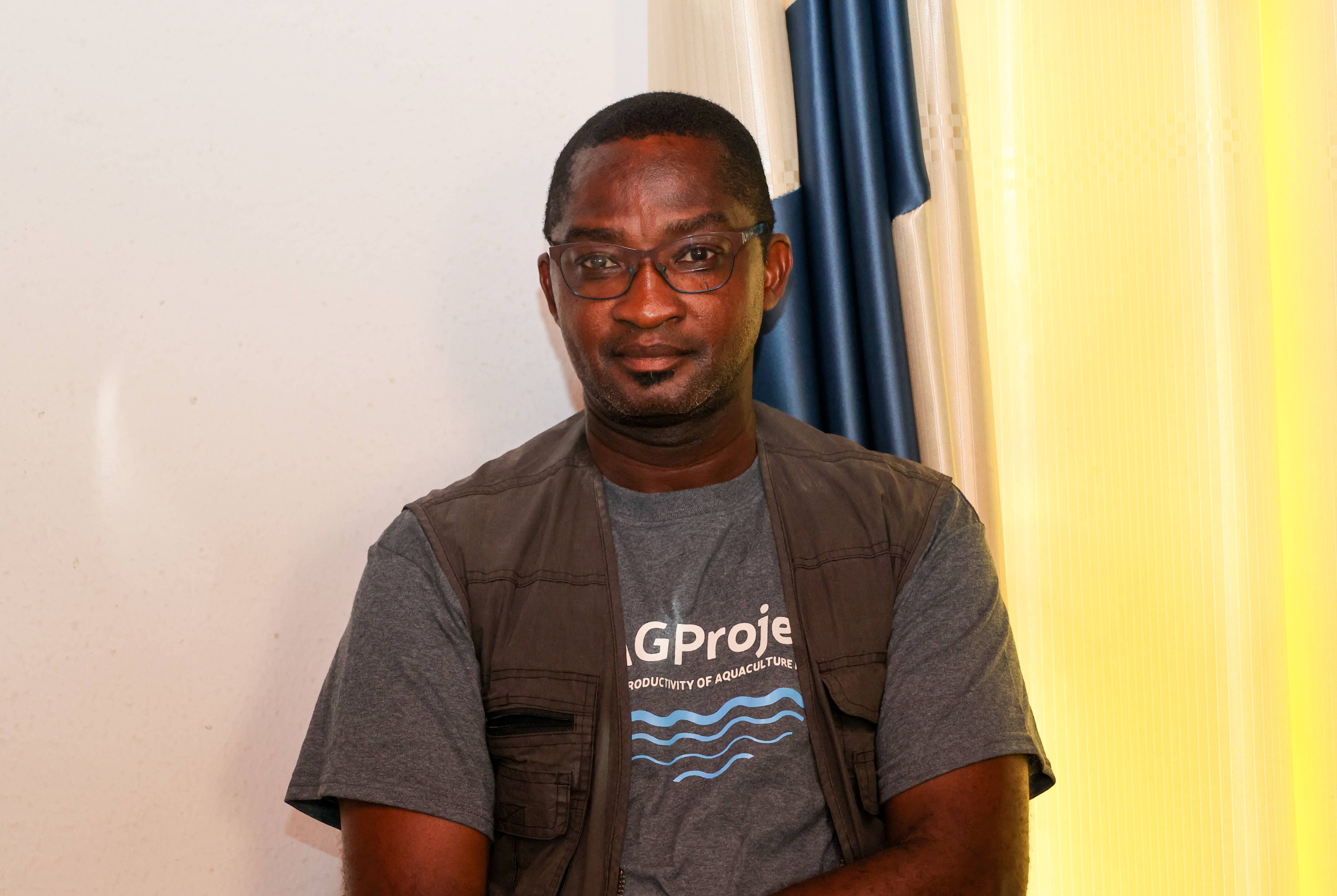
The Principal Investigator of the project, Prof. Daniel Adjei-Boateng and Prince Ofori-Darkwah (research scientist), shared insights into the current state and future direction of the research.
“Heterotis is mainly processed as a fermented or salted fish which is popular with Ghanaians and across West Africa, but we would like to see other products made from this fish which we are currently working with colleagues from the Department of Food Science and Technology, KNUST.
“We will be processing Heterotis into fish sausages and fish nuggets,” Prof. Adjei-Boateng stated. “This will provide an alternative for people who are shifting from red meat to fish, allowing them to enjoy Heterotis not just as fermented fish, but in more convenient and attractive forms.”
He also hinted on the new line of research regarding Heterotis, “There are still challenges with the artificial breeding of heterotis, as well as the long weaning period (60 -90 days) before it adapts fully to commercial feeds. These are areas we are actively exploring. We aim to expand the product forms to support the commercialisation of Heterotis,” he added.
Participants were enthusiastic about the engagement. Botchwey Solomon of Golden Sun Farms remarked

“When I heard about this forum, I was excited. Several friends of mine have tried to culture Heterotis but faced difficulties. So, when I learnt that KNUST had conducted research and was ready to share their findings, I didn’t want to miss it.
I wanted to understand how far the research had progressed and how it could help us commercialise the species. As someone involved in marketing, I know the importance of entering a new market early. The information I’ve received gives me hope, I look forward to future forums that will provide even more in-depth knowledge on this species.”
Samuel Birikorang, ARDEC, Akosombo, acknowledged the complexity of culturing heterotis “I know the species is difficult to culture, but with the knowledge I’ve gained here, I now understand that with the right methodologies and continual improvement, it is possible.”
“I currently work with tilapia, but I have friends who are interested in Heterotis. The challenges have always been about survival rates, breeding, and other technical issues. I believe the insights I’ve gained today are a stepping stone and will be very beneficial to the industry.” Saviour Samuel from BBA Farms added.
The stakeholder’s engagement was funded by DANIDA under its Science Engagement Project.

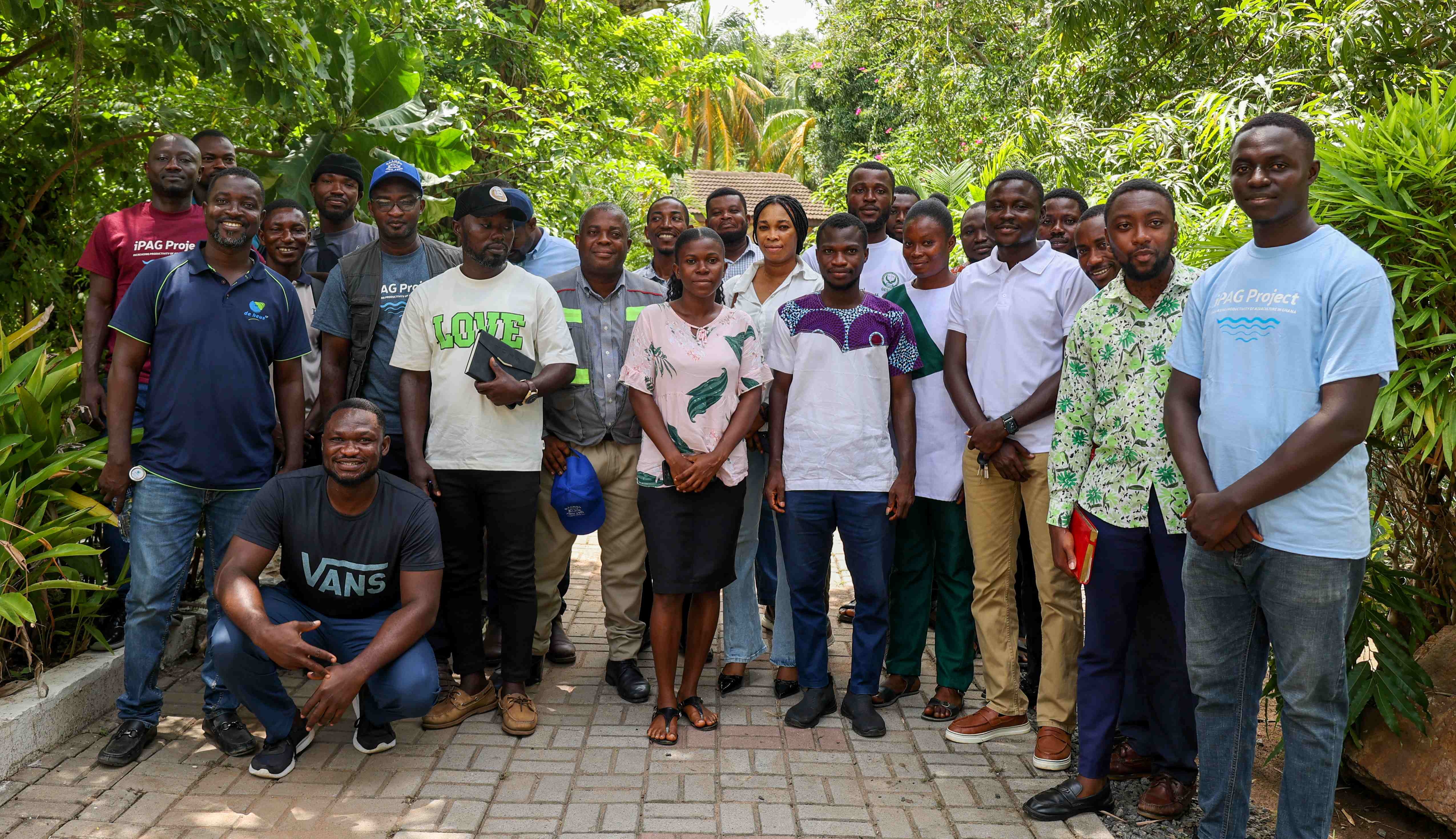
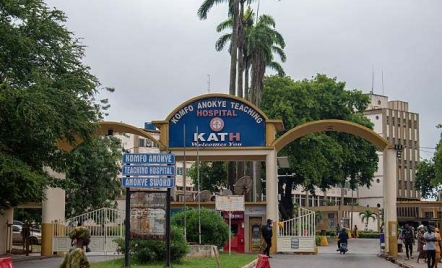
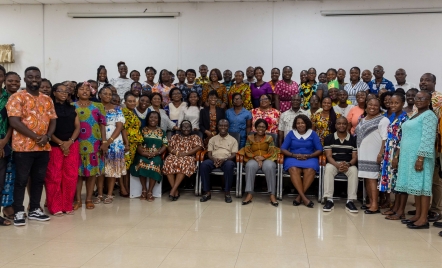
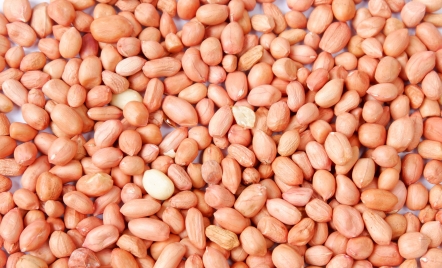
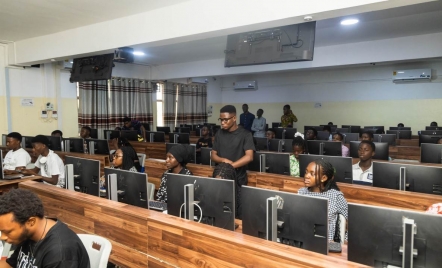
Comments